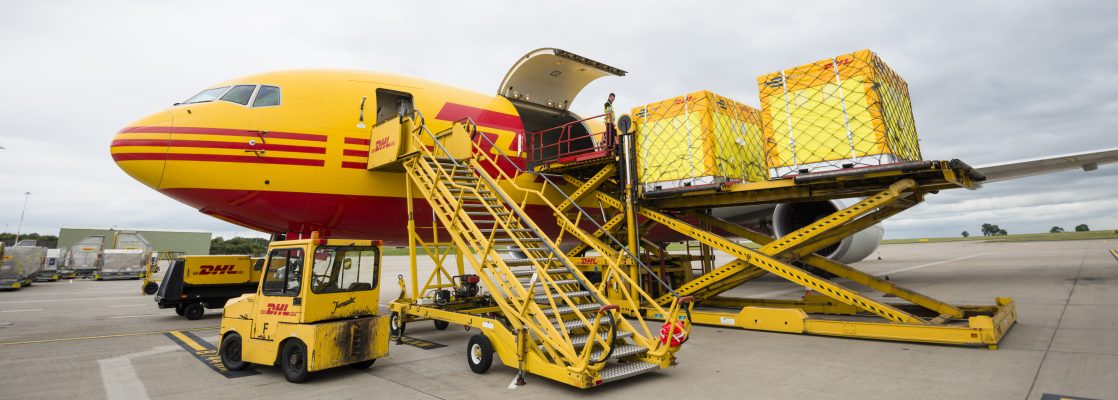
Air travel has revolutionized the way we explore the world, connecting distant destinations and shrinking the globe. However, like any mode of transportation, it comes with its own set of advantages and disadvantages. In this article, we will delve into the main benefits and drawbacks of air travel, providing you with a comprehensive understanding of this widely used means of transportation.
Advantages of Air Travel:
- Speed and Efficiency:
One of the most significant advantages of air travel is its unparalleled speed and efficiency. Unlike other modes of transportation, airplanes can cover vast distances in a fraction of the time. This makes air travel ideal for long-haul journeys, allowing travelers to reach their destinations quickly and efficiently. - Global Connectivity:
Air travel provides unparalleled global connectivity, enabling people to reach even the most remote corners of the world. With a vast network of airports and airlines, travelers have access to a wide range of destinations, making it easier to explore different cultures, conduct business internationally, and foster global connections. - Convenience and Accessibility:
Airports are strategically located in major cities and towns, making air travel easily accessible to a large number of people. Additionally, airlines offer a wide range of flight options, allowing travelers to choose from various departure times and destinations. This convenience and accessibility make air travel a preferred choice for individuals with time constraints or specific travel requirements. - Safety and Security:
Air travel has significantly improved in terms of safety and security over the years. Stringent regulations, advanced technology, and rigorous safety protocols ensure that flying remains one of the safest modes of transportation. From thorough security checks to well-trained pilots and crew, the aviation industry prioritizes passenger safety, providing peace of mind to travelers.
Disadvantages of Air Travel:
- Cost:
One of the primary disadvantages of air travel is the cost associated with it. Airline tickets can be expensive, especially for long-haul flights or during peak travel seasons. Additionally, additional charges for baggage, in-flight services, and seat upgrades can further increase the overall cost of air travel. This can make it less accessible for budget-conscious travelers or those with large families. - Environmental Impact:
Air travel contributes to greenhouse gas emissions, which have a significant impact on the environment. Aircraft engines release carbon dioxide and other pollutants into the atmosphere, contributing to climate change. While the aviation industry is actively working on reducing its carbon footprint through technological advancements and sustainable practices, the environmental impact of air travel remains a concern. - Airport Congestion and Delays:
Airports, especially those in major cities, often experience congestion due to the high volume of flights and passengers. This can lead to delays, long queues, and crowded terminals, causing inconvenience and stress for travelers. Additionally, unforeseen circumstances such as adverse weather conditions or technical issues can further disrupt flight schedules, leading to frustration and potential travel disruptions. - Health Risks:
Air travel exposes passengers to various health risks, such as deep vein thrombosis (DVT) and respiratory infections. Prolonged periods of sitting in cramped spaces, low cabin humidity, and exposure to recycled air can contribute to these health concerns. However, taking necessary precautions such as staying hydrated, moving around the cabin, and practicing good hygiene can help mitigate these risks.
Conclusion:
Air travel offers unparalleled speed, global connectivity, and convenience, making it an attractive option for travelers worldwide. However, it is essential to consider the cost, environmental impact, airport congestion, and potential health risks associated with air travel. By weighing the advantages and disadvantages, individuals can make informed decisions and optimize their travel experiences.

